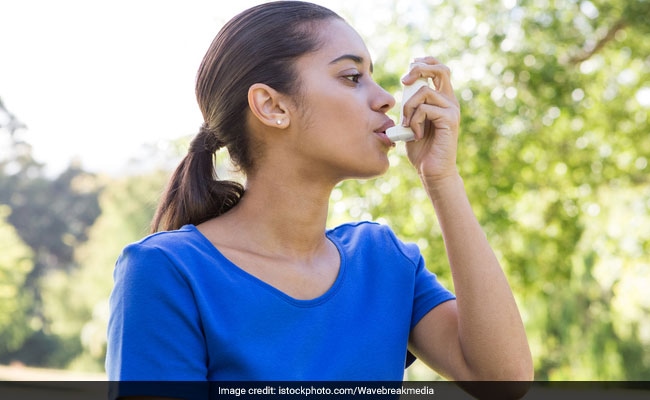
- Pollen grains may be linked with increased risk of Asthma
- Asthma patients are required to take maximum care
- Including various healthy foods can help reduce the negative impact
"Contrary to popular belief, not vehicular, it is the pollen grains, fungal spores, dust mites, insect debris and animal epithelial that include major causative agents," said the study conducted by the National Centre of Respiratory Allergy Asthma and Immunology, Vallabhbhai Patel Chest Institute. "While pollens were already recognised as an important allergen, the study helped in understanding its detailed effects on respiratory systems," said Raj Kumar, Head, Department of Pulmonary Medicine, Vallabhbhai Patel Chest Institute.
During this period, asthma patients are required to take maximum care and protect themselves. Including various healthy foods can actually help reduce the negative impact of pollution and pollen grains and make you respiratory system stronger. Here are some foods that you could try:
1. Vitamin E rich foods
The fat soluble vitamin helps in defending against injury to human tissues. Vitamin E in our diet usually comes from plant-based cooking oils like Sunflower, safflower and rice bran oil along with canola, peanut and olive oil. Almonds and sunflower seeds are also good sources of this vitamin.
2. Foods rich in beta-carotene
Beta carotene plays a very important role in controlling inflammation because of its antioxidant activity. Leafy vegetables like coriander, methi, lettuce and spinach are the richest sources of beta carotene. Radish leaves and carrots are also good sources.
3. Foods rich in omega-3 fats
Omega-3 fatty acids protect against the effects of pollution and pollen grains by protecting the body cells from damaging. Nuts and seeds like walnuts, flaxseeds and chia seeds are some the excellent sources of the omega-3 fats.
While it may help to include these foods in your daily diet, it is also important to avoid spending too much time outdoors during the pollen season.
With Inputs from IANS
Track Latest News Live on NDTV.com and get news updates from India and around the world

